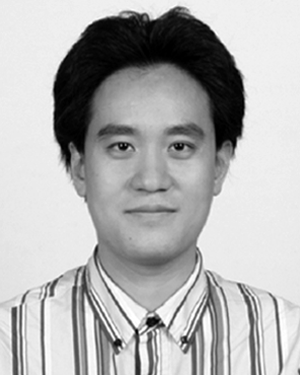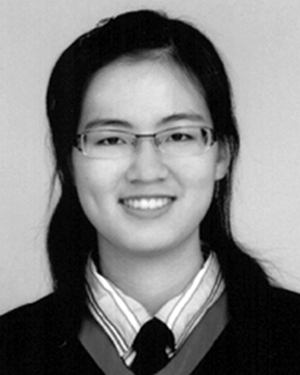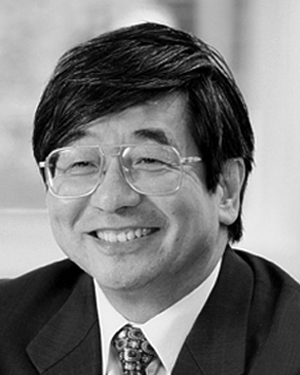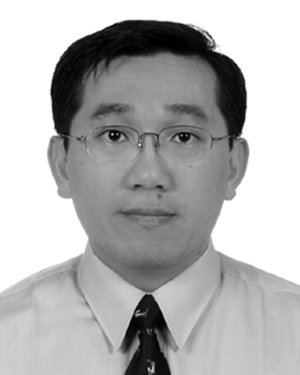Ikno Kim (S'08–M'11) received the B.S. degree in technology management from Osaka Institute of Technology, Japan, and the M.S. and Ph.D. degrees in information, production and systems engineering from Waseda University, Japan.
He was a Mechanical and Production Systems Designer at Dongjin Machinery Corporation, Ltd., where he was responsible for designing and developing many different kinds of automatic machines. He is currently a Visiting Researcher in the Graduate School of Information, Production and Systems, Waseda University, Japan. His current research interests include biological computation, industrial management, nanobioscience, operations research, and soft computing.
Dr. Kim received the Excellent Presentation Prize from the Czech-Japan Symposium in 2006, the Excellent Master's Thesis Prize from the Japan Industrial Management Association (JIMA), Kyushu Branch in 2007, and the Hibikino Award for the Excellent Master's Thesis from the Kitakyushu Foundation for the Advancement of Industry Science and Technology (FAIS), Japan in 2007.
Ikno Kim (S'08–M'11) received the B.S. degree in technology management from Osaka Institute of Technology, Japan, and the M.S. and Ph.D. degrees in information, production and systems engineering from Waseda University, Japan.
He was a Mechanical and Production Systems Designer at Dongjin Machinery Corporation, Ltd., where he was responsible for designing and developing many different kinds of automatic machines. He is currently a Visiting Researcher in the Graduate School of Information, Production and Systems, Waseda University, Japan. His current research interests include biological computation, industrial management, nanobioscience, operations research, and soft computing.
Dr. Kim received the Excellent Presentation Prize from the Czech-Japan Symposium in 2006, the Excellent Master's Thesis Prize from the Japan Industrial Management Association (JIMA), Kyushu Branch in 2007, and the Hibikino Award for the Excellent Master's Thesis from the Kitakyushu Foundation for the Advancement of Industry Science and Technology (FAIS), Japan in 2007.View more 





